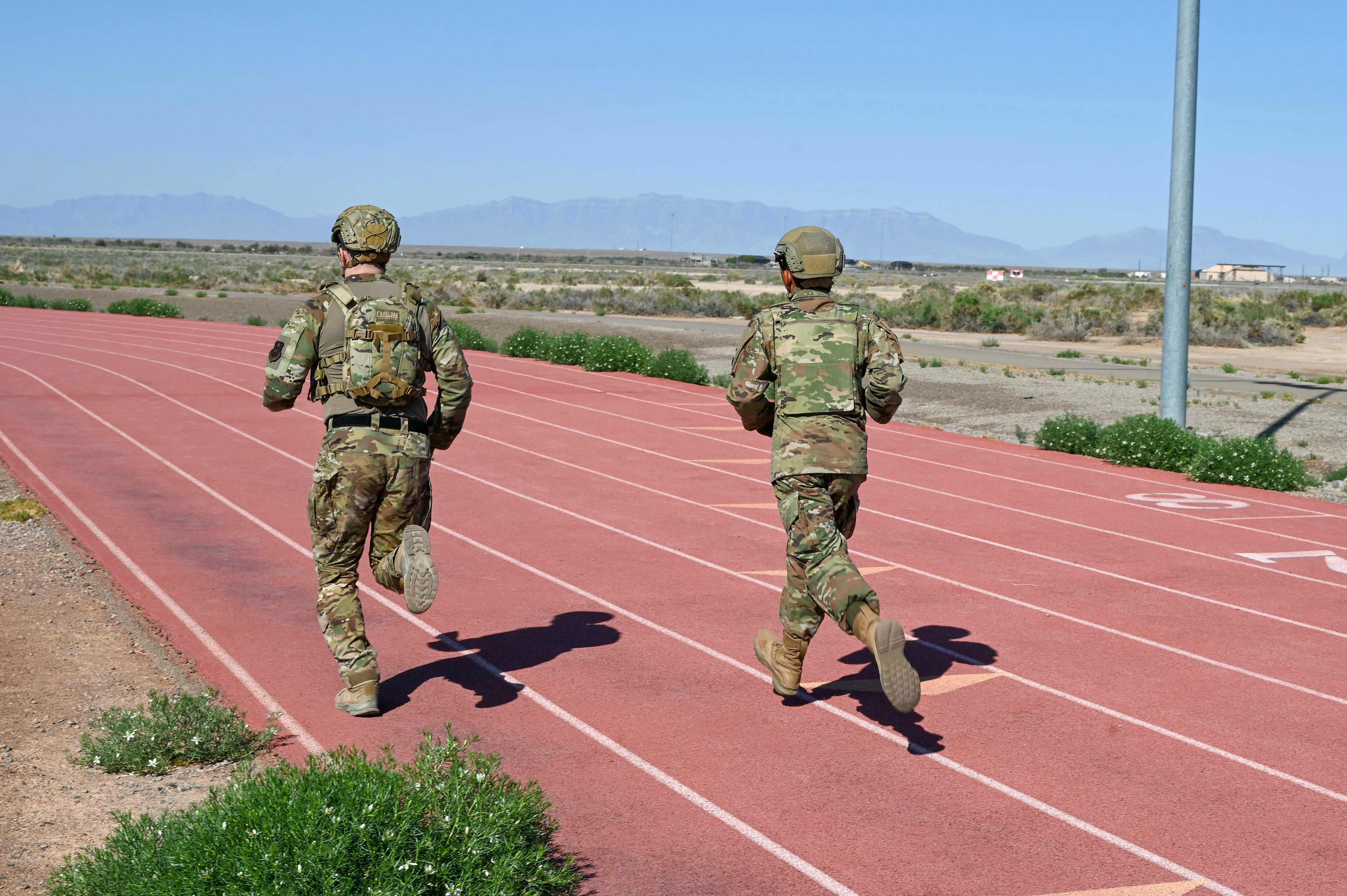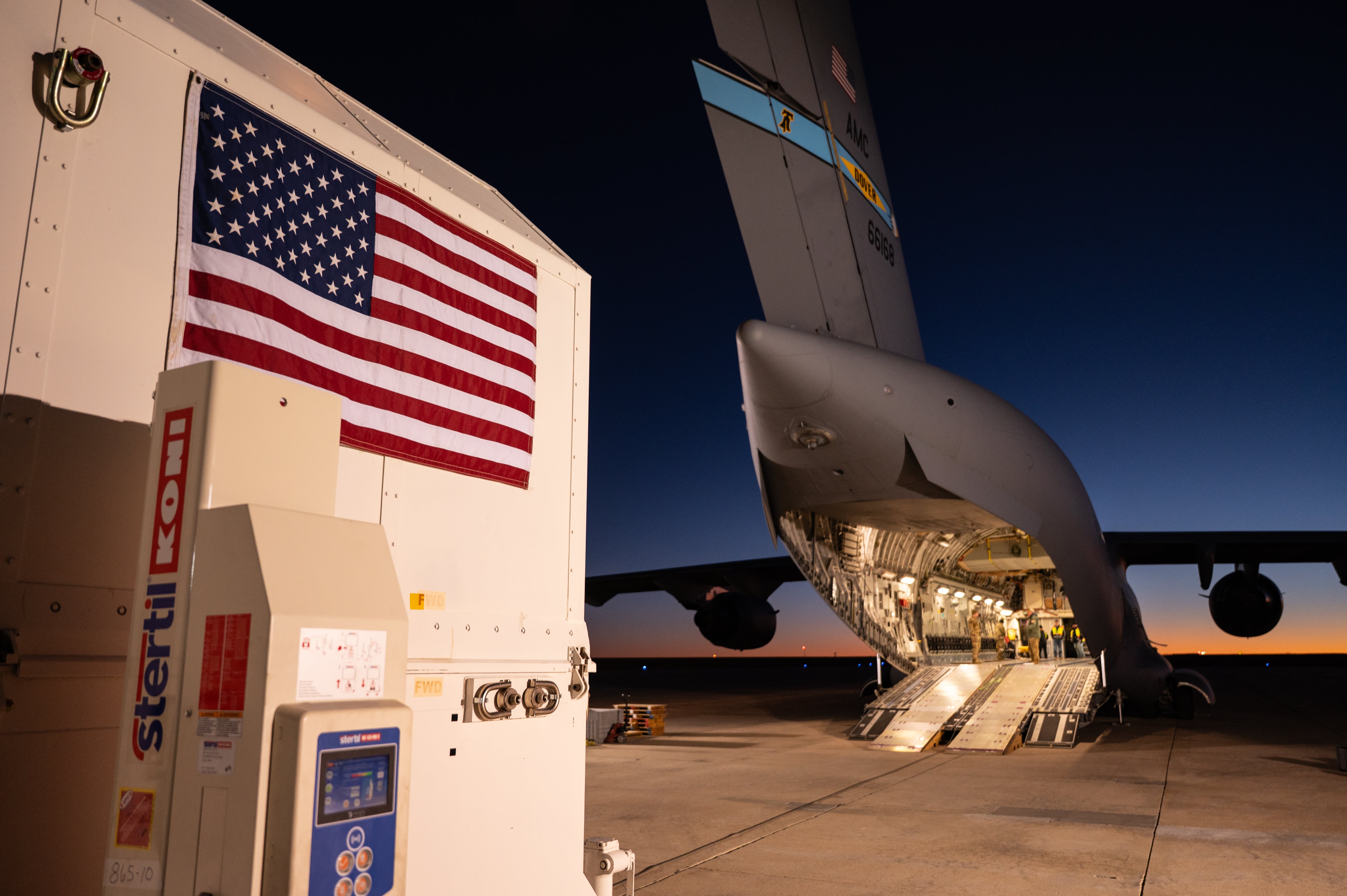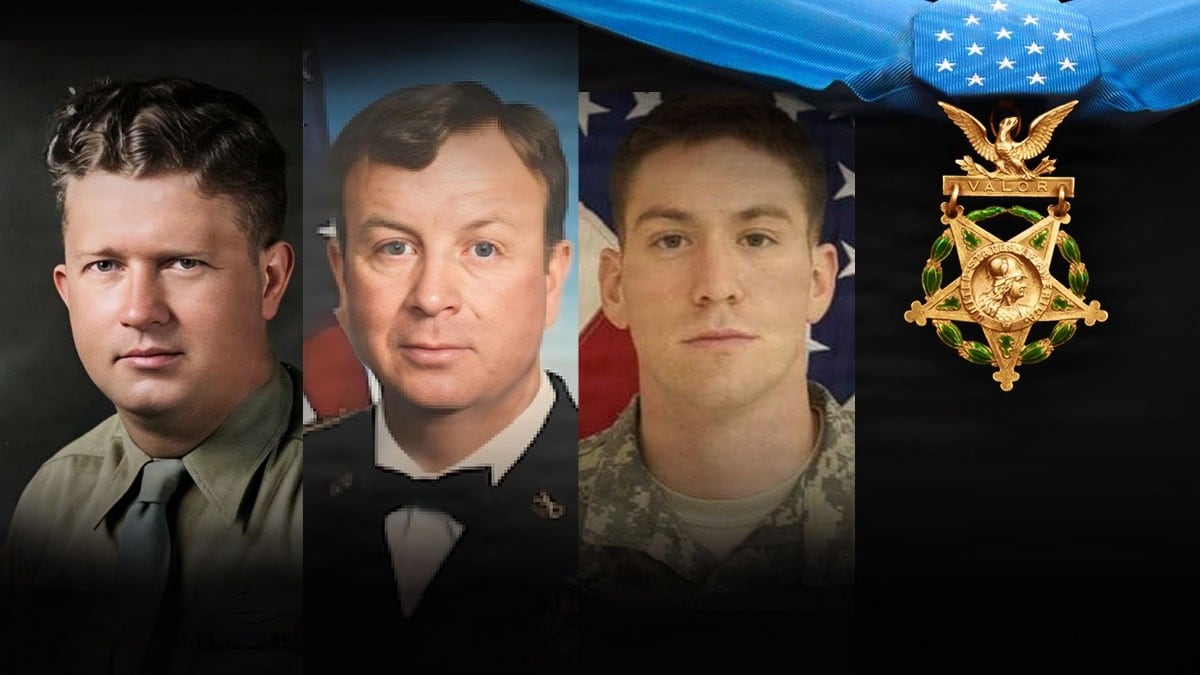FRANKFORT, Ky. — U.S. Sen. Rand Paul's quest to create a 2016 presidential caucus in Kentucky could hit a snag unless officials figure out a way to enable military absentee voters to participate.
Paul will travel to Bowling Green on Saturday to ask the Republican Party of Kentucky's executive committee to endorse his plan to scuttle the party's presidential primary in favor of a caucus, where the winner is determined not by counting ballots but by counting voters who show up at meetings across the state at a particular time.
Paul wants a caucus because it will let him run for president - something he is likely to do but has yet to publicly announce - and re-election to his Senate seat at the same time. State law bans candidates from appearing on the ballot twice in the same election. By having a caucus on a different day, Paul can avoid that problem while he seeks the nomination.
But a caucus poses problems for absentee voters, who typically cast ballots in advance of an election because they can't be there on election day. And Kentucky, home to two military bases, could be particularly sensitive to that issue.
"Military voters always want to participate in the election, certainly for president of the United States," said Larry Arnett, chairman of the Joint Executive Council of Veterans Organizations of Kentucky. "The experience that the United States has had in other states when trying to deal with absentee ballots for a caucus has not been very good. And why do we think that Kentucky will be any better?"
The Kentucky Secretary of State's office does not keep tabs on the number of registered military voters. But in 2014, 656 voters requested an absentee ballot because of their active duty military status and another 506 requested an absentee ballot because they lived overseas. More than 35,000 people voted absentee overall in November.
"It's only an issue if we can't figure it out," Kentucky GOP chairman Steve Robertson said. "We have it from the Republican National Committee that we have wide latitude in how we can try to address that."
Absentee voting can be a cumbersome process in Kentucky, particularly for those who are overseas. A voter must request a ballot by mail at least seven days before an election and officials must have the ballot in hand by 6 p.m. local time on election day. Organizers have more freedom in a caucus format, giving party officials a wide range of options.
Dan Bayens, Paul's Kentucky spokesman, noted the party could use the Internet to ensure active duty military voters and others who cannot attend a caucus can participate.
"Can we make it easier for those people to vote than they otherwise would have the opportunity?" he said. "We see it more as an opportunity than a challenge."
Paul's effort to create a caucus has received big boosts from major Republican powerbrokers, including U.S. Senate Majority Leader Mitch McConnell. State GOP chairman Steve Robertson has appointed a committee to plan how to run a caucus, led by Western Kentucky University political science professor Scott Lasley.
Lasley said accommodating absentee voters, especially military voters, is a concern among the committee. He noted that Iowa has chosen not to use absentee ballots for the nation's most important presidential caucuses, a sign that it won't be an easy fix.
"To our knowledge there is not a traditional caucus that really has figured out how to do that," he said. "But that is certainly something that would be a goal."





